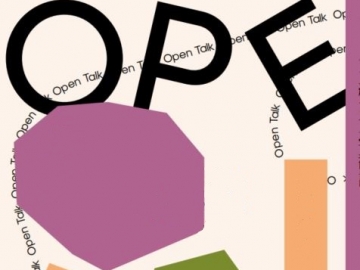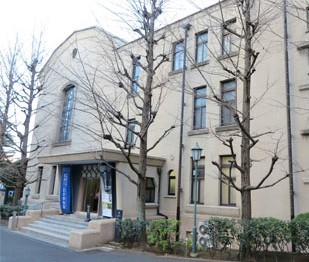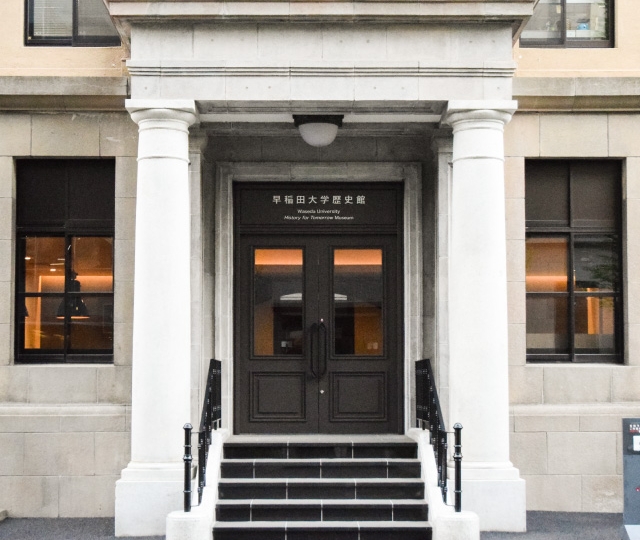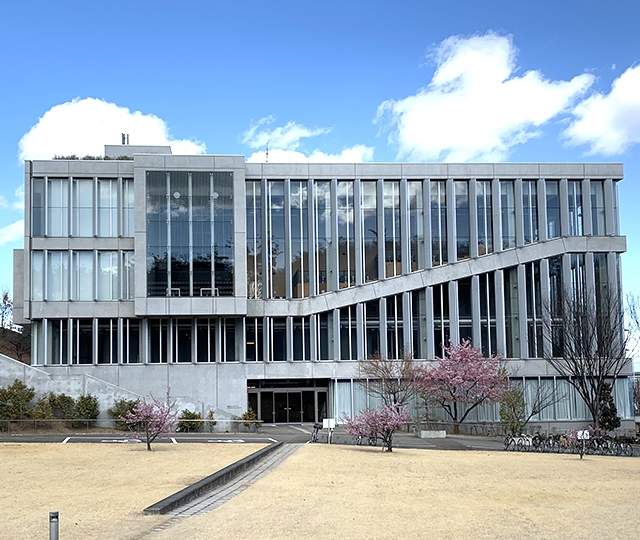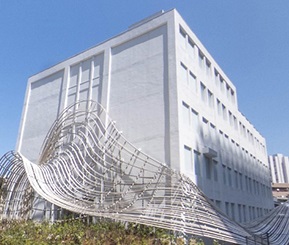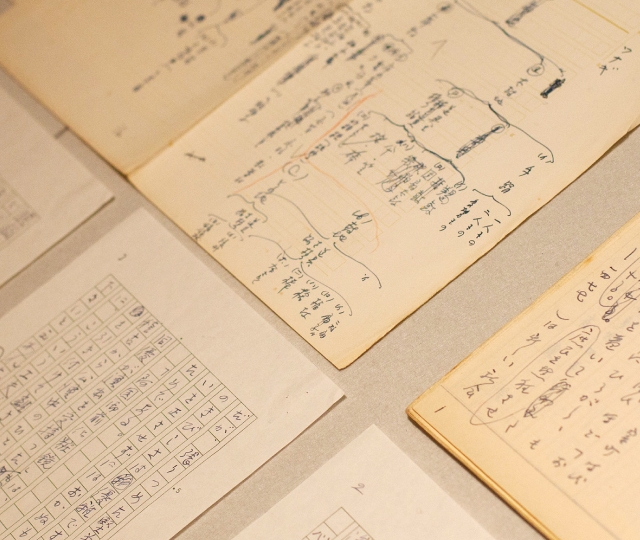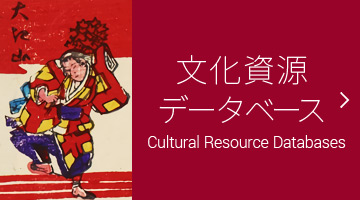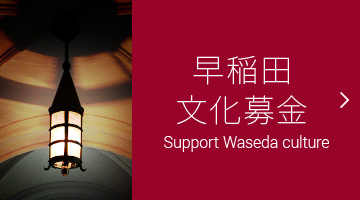Open Talk: The Knowledge of “Yakuzen” in Chinese Classical Medical Texts
The origin of the widely used cold medicine “Kakkonto” (葛根湯) in Japan can be traced back to the Chinese medical classic Shanghan Lun (傷寒論), written about 1800 years ago. Many of the medicinal herbs that make up “Kakkonto” were also commonly used as ingredients and seasonings in soups and dishes in ancient China. This highlights the important role that daily meals play in nourishing life and maintaining health.
In this open talk, we will explore the Chinese philosophical concept of “Medicine and food homology” (薬食同源), which emphasizes the interconnectedness of medicine and food, and introduce “Yakuzen” recipes recorded in classical medical texts, reflecting the deep relationship between food and medicine.
- Day & Time:January 17th, 2025 (Friday), 14:00-15:00
- Venue:Lab (2nd floor of WIHL)
- Language:Japanese
- Participation:Free
- Participants:Students, Faculty and Public
- Presented by the Yanai Initiative for Globalizing Japanese Humanities, with support from the Waseda International House of Literature
Lecture
Xiang Jingjing
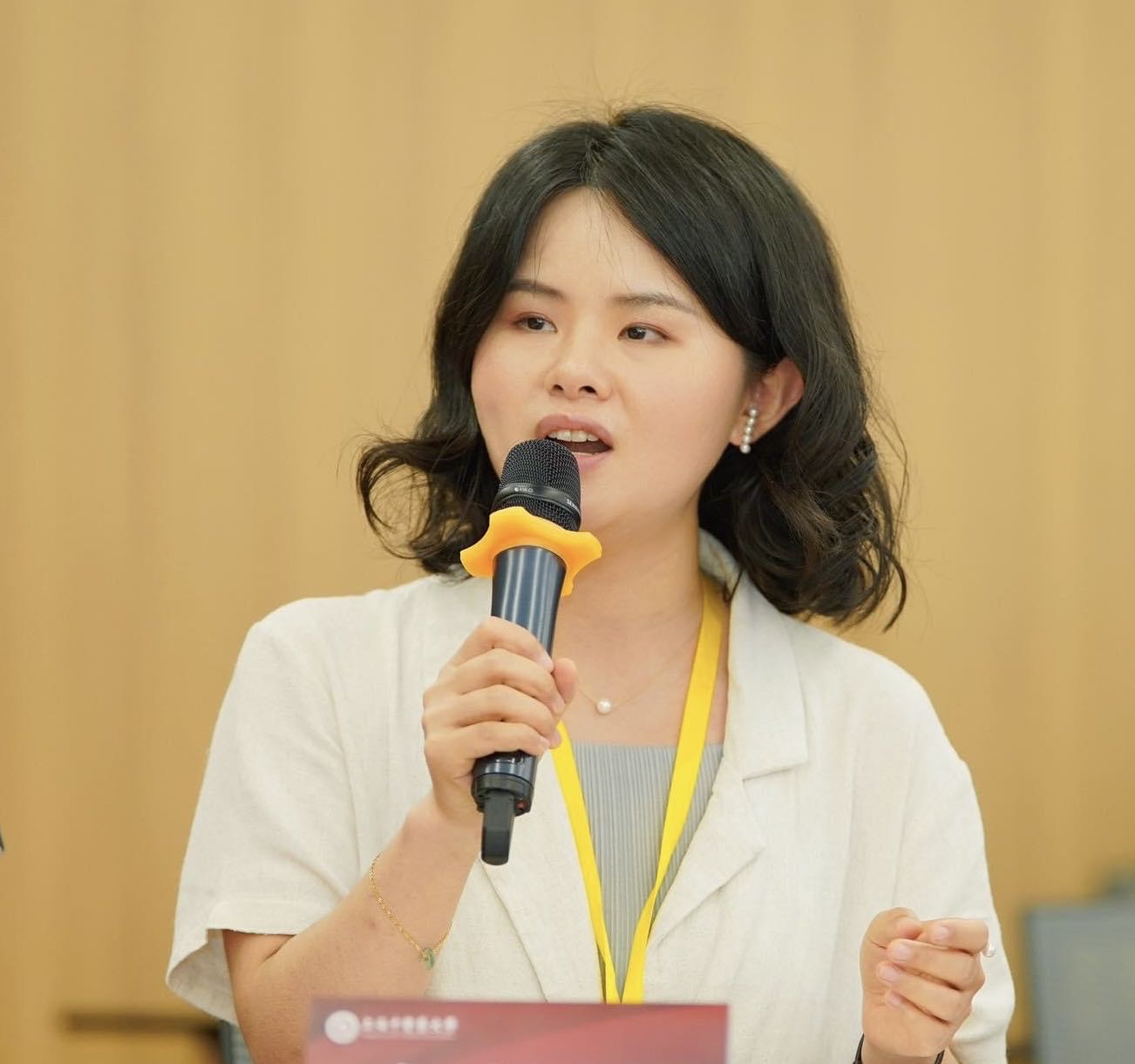 Born in Sichuan Province, China.
Born in Sichuan Province, China.
Associate Professor at the Asia-Japan Research Institute, Ritsumeikan University. Specializes in the history of medicine in East Asia, the history of medical thought, and the concept of “Medicine and food homology.”
Author of the book Medicine and Confucianism: A Study on Medical Cultural Exchange and Knowledge Circulation in Early Modern East Asia (2023, Jinbun Shoin [In Japanese] The 36th Yakazu Medical History Award from the Japanese Society for the History of Medicine) .
Facilitator
Yi Dan
Yanai Initiative Postdoctoral Research Fellow
Contact
Yanai Initiative for Globalizing Japanese Humanities: [email protected]

